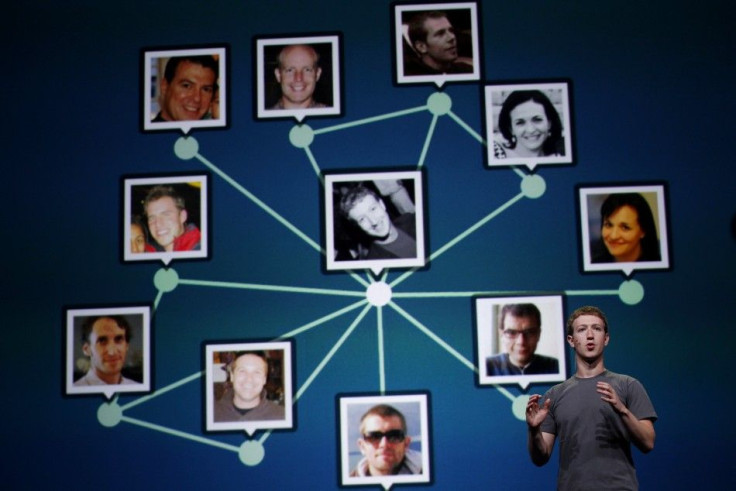Facebook Friends Count Linked to Grey Matter Density in Human Brain
Lots of Facebook Friends Means a Bigger Brain

A new study published in the Proceedings of the Royal Society B has linked online social network size to functions of three regions of the brain that are used in social perception and associative memory.
"...the number of friends an individual declares on a web-based social networking service reliably predicted grey matter density in the right superior temporal sulcus, left middle temporal gyrus and entorhinal cortex," the paper said.
While admitting the number of Facebook friends may not reflect the number of real life social friends, the study's authors do suggest the number of friends people have is based on genetics. In other words, if you are smart, you probably have more friends because your brain is better equipped to process information about multiple relationships at the same time.
Researcher Ryota Kanai led his four person team in trying to understand how people's abilities in recoznizing social cues and perspective taking would relate to the size of their online networks.
"In the case of offline real-world social networks, perspective-taking and memory capacity abilities predict an individual's network size," Kanai wrote in the study.
By looking at similar abilities the team thought they could find an underlying genetic reason for why some people have more Facebook friends than others. The study, published in was based on MRIs of a group of 165 adults who were asked to report the number of Facebook friends they have. The results discovered that those with higher Facebook friend counts had more grey matter density in the brain regions associated with memory.
Let us know in the comments if you know smart people with 100 Facebook friends or simpletons who have more than 1000.
© Copyright IBTimes 2024. All rights reserved.





















